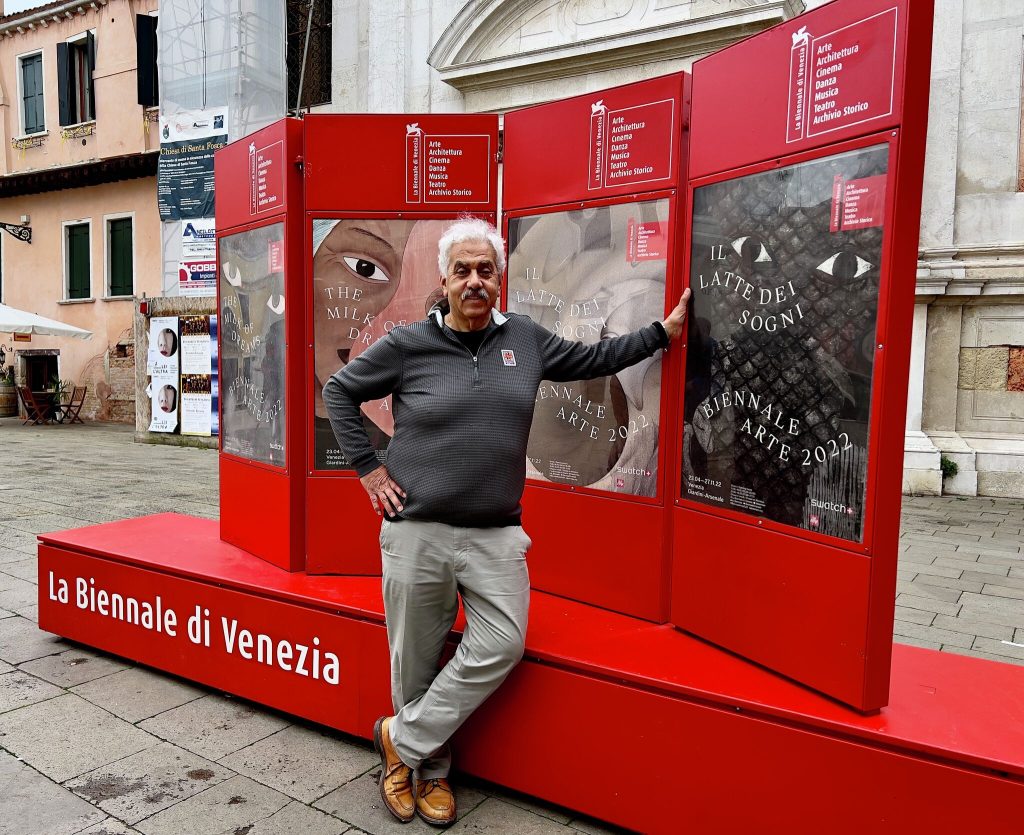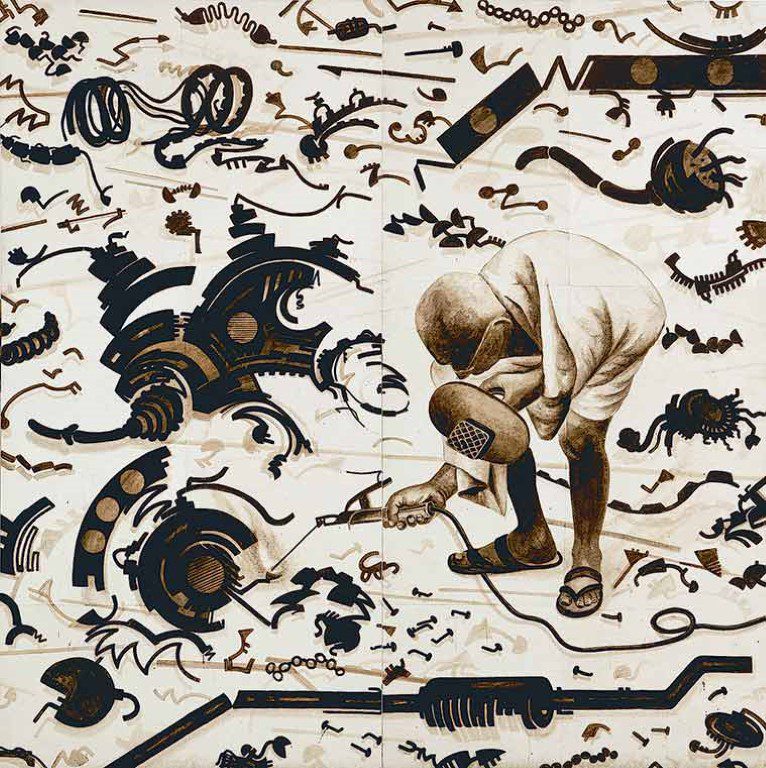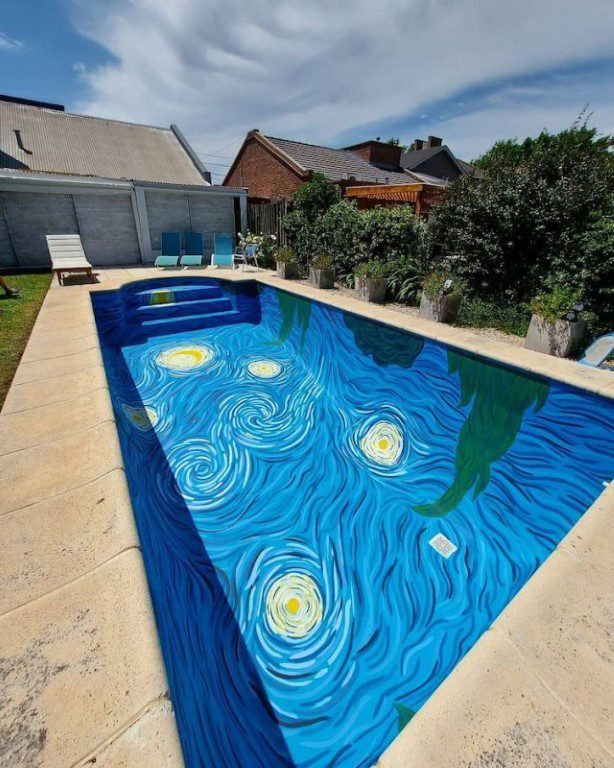As conflict between Israel and Hamas continues, the world-famous Venice Biennial is embroiled in a geopolitical conflict. Israel has decided to go ahead with a planned pavilion for the 2024 biennial games, despite ongoing hostilities. In contrast, the organisers of an exhibition of Palestinian artists associated with the 2022 biennial faced obstacles, rejecting them for next year.
This rejection has raised questions about the status of the biennale’s political and of cultural representation. The Tabernacle of Israel goes on as planned The Israeli pavilion for the 2024 Venice Biennale led by artist Ruth Patir and curators Mira Lapidot Tamar Margalit will go ahead as originally planned after the October attack by Hamas in Gaza the Israeli group expressed its sadness and concern revealed about the terrible news. They emphasised the importance of making room for art, freedom of expression and human values even in the face of adversity. This decision has sparked debate about the role of art in the conflict. Palestinian demonstration faces rejection.
The Palestine Museum, which hosted the successful exhibition of Palestinian art in the 2022 biennium, announced that it had accepted the US. proposal for the 2023 biennium atom The rejection of the proposal has led many to question the political and cultural status of Venice Biennial.
The rejection of the Palestinian exhibition proposal highlights the misdirection in how the Anniversary Biennial addressed geopolitical issues. While the Biennial opened a special envelope for Ukraine in 2022 in response to the conflict with Russia, it does not seem to fit the Palestinian cause Faisal Saleh, director of the Palestinian Museum in America, has chosen to present the unauthorised exhibition, outside the Biennale’s official restrictions.
This decision underscores the determination to share the Palestinian cause even without agreeing to the biennium. Historical challenges to Palestinian representation Palestinian attendance at the Venice Biennial was historically low. The Palestine Museum-America exhibition in 2022 is a rare example of Palestinian representation, presented as a “sponsorship event.” Previously, in 2009, there was only one other Biennale-related exhibition focusing on Palestinian artists, called “Palestine c/o Venice.”
For political reasons, Palestine is not recognised as a state in the two years, creating a unique challenge for cultural representation. Attempts to establish a Palestinian pavilion in 2002 were marred by controversy and bureaucratic obstacles. Income for the second year Despite these controversies, the Venice Anniversary Biennial has not issued an official statement on the conflict in the region. The impact of geopolitics on the biennale is nothing new, as evidenced by Russia’s decision not to open the pavilion in 2022. The rejection of a Palestinian exhibition proposal raises questions about the direction of the festival address important political and cultural issues.
As the Venice Biennale navigates these complexities, the world watches to see how it balances the presentation of art and culture against the backdrop of global conflicts.





